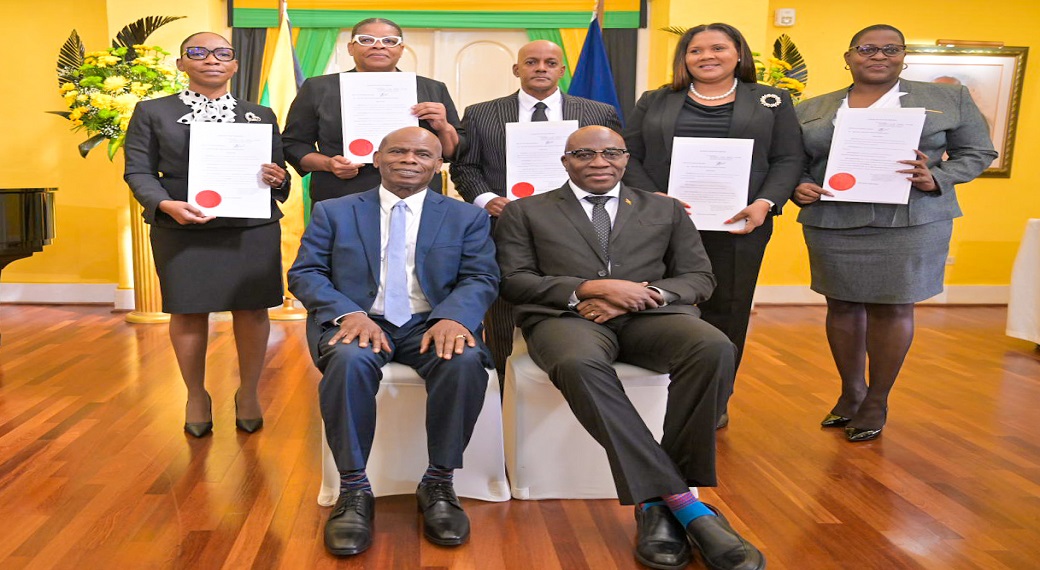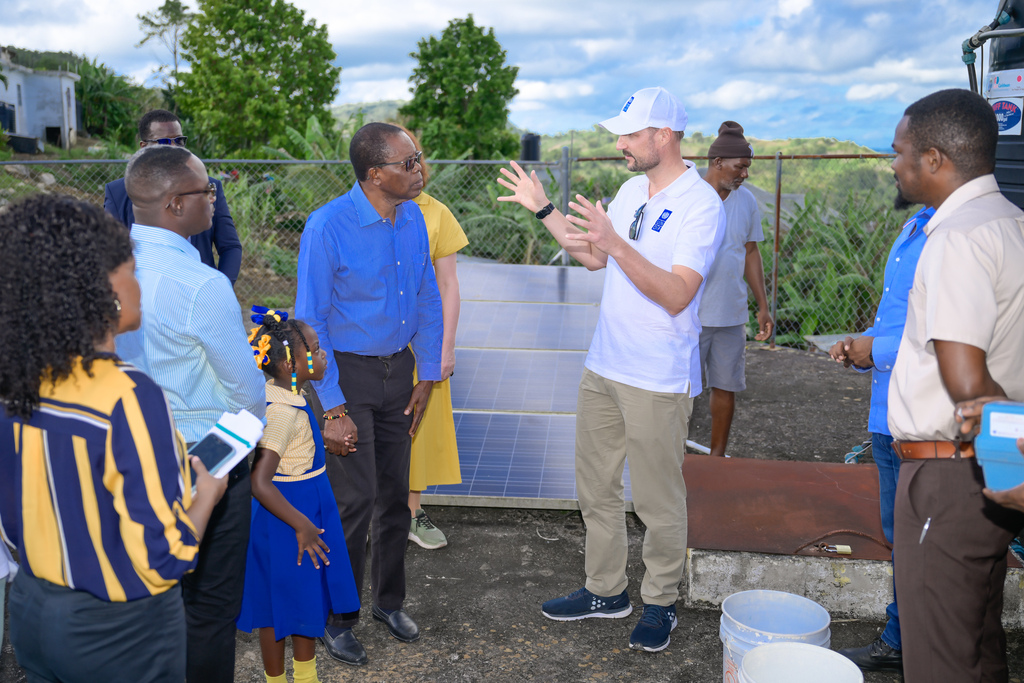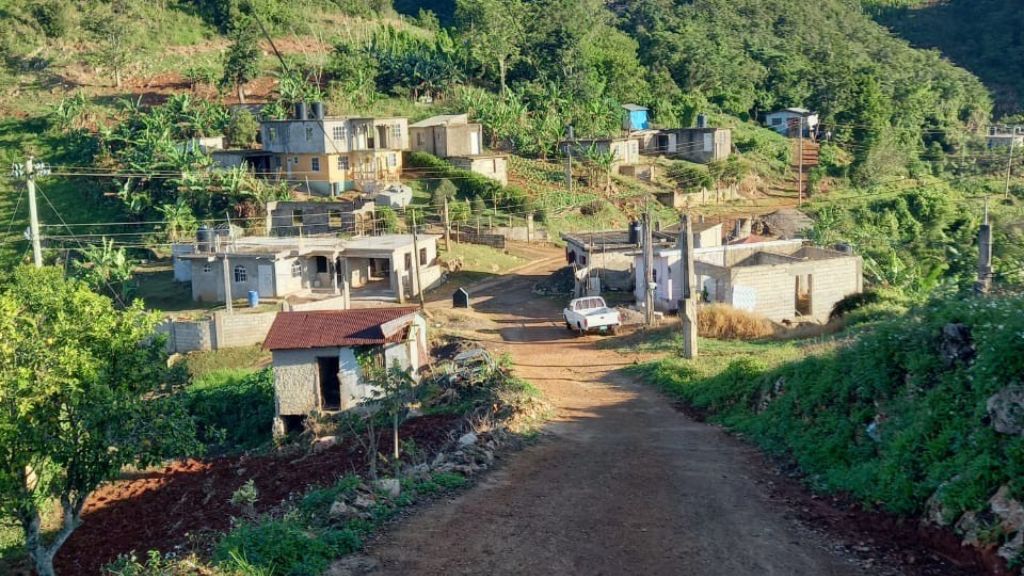

Jamaica's energy transition journey has made progress, but rural communities like Peace River and Wanstead in Northwestern Clarendon remain burdened by frequent power outages, leaving residents feeling hopeless as most cannot afford renewable energy solutions.
Residents report that power cuts occur almost weekly, triggered by factors as minor as rainfall or light winds. The impact on essential services is severe. For instance, Peace River, a vital water source for surrounding communities, hosts a pump house operated by the National Water Commission (NWC). This facility relies on electricity from the Jamaica Public Service Company Limited (JPS), and power outages frequently interrupt its operations.
“When the storm came the other day, we didn't have water for more than a month. We had to buy water from trucks or go to neighbouring districts,” said Karen Dunkley, a local shop owner. “We cannot operate without water, so when electricity is gone, and the pump stops working, it affects us,” she said.
The outages also affect education and communication. Another resident, 44-year-old Shelly-Ann Clarke-McLean, said: “The disadvantage for us when we don’t have electricity is that we can’t use the WIFI… sometimes children cannot go to school, or we have to write a letter to the principals to have them wear casual clothes.”
Wanstead, just minutes from Peace River, faces similar issues. Sydia Stone, a chicken farmer, recounted a painful experience. “One time, I sold a few pounds of chickens, and the customers returned them because they were spoiled. I had to refund their money,” she said.
She believes the small size of these communities contributes to their neglect. “They [JPS] are not getting a big profit from these communities, so we are not recognised,” she said.
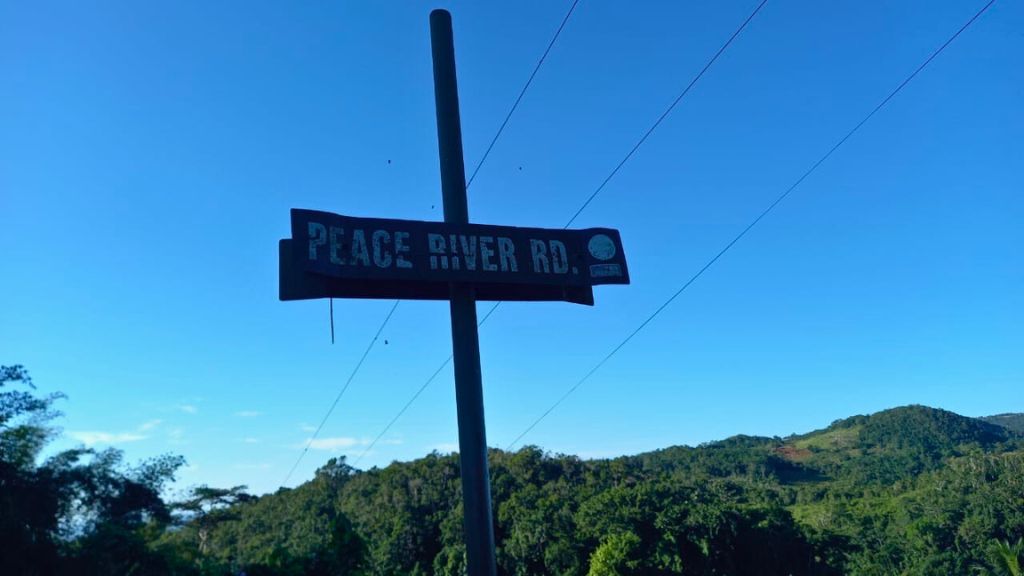
While some residents see renewable energy, such as solar, as a potential solution to the frequent disruptions, the high initial costs deter them from adopting it.
A recent study published in the Journal of Cleaner Production highlights these challenges, noting that financial barriers, low awareness, resistance to change, and insufficient community engagement hinder energy transition in rural communities.
The Councillor for the Thompson Town Division, Collin Henry, acknowledged these challenges.
“These two communities have suffered more than any other areas in the Thompson Town Division,” he said, "the system is overloaded which contributes to the frequent outages but no one wants to live in the dark, especially in these modern times.”
The councillor also emphasised the financial barrier for some residents.
“Persons in these rural areas are not gravitating to solar energy because to find that money upfront is not easy. How we generate funds is mainly through farming and the markets, so people are not leaning towards solar when I check,” he said.
Agreeing with Henry’s claims is Dunkley, who said she knows people are curious about solar, but thinks not many will go for it. “Maybe if there are some people here who can afford it, but the majority wouldn’t because the good ones are expensive,” she said. “I realise some people don’t even have JPS power, so that means most people wouldn’t afford solar either,” she added.
Adding to the complexity is the limited awareness and access to financing options for renewable energy adoption. Initiatives aimed at rural energy solutions often fail to reach these communities due to logistical and infrastructural challenges. Here, Dunkley calls for greater investment in education and subsidies to bridge the gap.
“I believe people need to be more educated about solar, then maybe more would try to get it,” she said. “If there were more organisations that would be willing to educate us about it, then more people would be willing to try,” she said.
Henry said he has advocated for improvements in the communities’ overall energy challenges, even bringing the Minister of Science, Energy, Telecommunications and Transport, the Honourable Daryl Vaz, to tour the area last year.“ The minister was so surprised by the condition because he believes this issue shouldn’t take an arm and leg to be resolved,” he said.
Despite the challenges, 33-year-old Errol Collash, who helps run his family’s shop in Peace River, is currently the only person who has invested in solar.
“Most of the time in Peace River, as little rain falls current gone,” he said. “So basically, me just start build a little system. I started with one panel, a PWM charge controller. Right now, I have two panels, and they produce about 700 watts, and I’m upgrading the system,” he continued.
Collash recognised the benefits of renewable energy early on, starting with training at Heart Trust NTA and working at Content Solar Farm. Now, his experience with solar energy helps his family, especially during power outages in their community. “It helps even with the fridges, and the light that runs the shop. When the storm came the other day, current went for weeks, but it never really affected us,” he said.
Councillor Henry further emphasised the need for more substantial interventions from higher levels of government.
“I think this issue will require action from the member of parliament, as the local government cannot do much more,” he said.
He however mentioned a recent visit from the Crown Prince of Norway, Haakon, who helped fund the installation of solar-powered water pumps in a nearby district in the division. He believes this offers hope to Wanstead and Peace River, showing that agencies are willing to support energy transition efforts for low-income communities.
The experiences of Peace River and Wanstead underscore the broader challenges of Jamaica’s energy transition. While renewable energy solutions like solar power offer promise, systemic issues such as infrastructure deficits, financial barriers, and lack of awareness must be addressed to ensure a just and equitable transition for all communities.
This story was produced with the support of the Caribbean Energy Transition Media Mentorship, by Climate Tracker Caribbean.
BY DELISA MCLEAN
Related News
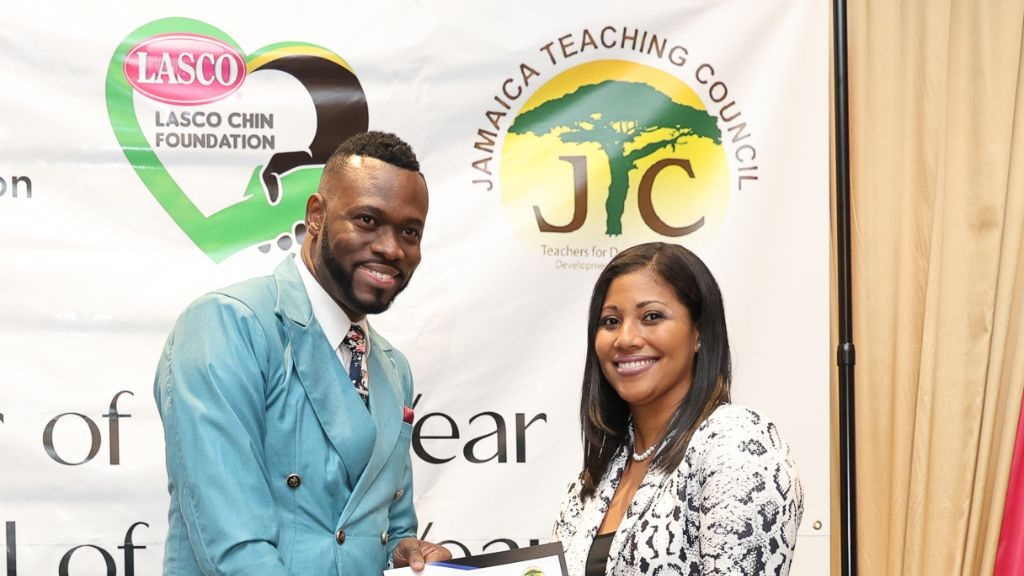
LASCO Chin Foundation mourns tragic loss of principal O’Neil Stevens

Teenage philanthropist spreads Xmas cheer at Ocho Rios Drop-In Centre

Cops in St Mary report New Year gun find; one man arrested
